Political economy is one of the oldest terms in the social sciences. It was once synonymous with the study of economics, while incorporating the study of the state, philosophical issues concerning human needs and economic history. Political economy has, however, become an ‘orphan’ of modern social sciences with its splintering into the present disciplines. Economics has become the narrow and limiting study of resource allocation via prices and the determination of aggregate output on the basis of a theory of individual rational choice, within an overly formalistic and mathematical framework. It now primarily serves as a bulwark of defence of the capitalist market. Political economy in this vein, particularly in the form of public choice theory following from Olsen, Hayek, Buchanan and even Elster, is the study of how states and the political process distort the efficiency of a self-regulating market economy. In the classical usage of Smith, Malthus, Ricardo and Mill, political economy was the study of the distribution and accumulation of the economic surplus within market economies, the determination of wages and employment, the institutional characteristics of exchange relations, and the division of labour and technical conditions of production. These remain central questions for modern institutional political economy. Marx considered himself engaged in a critique of political economy, in an effort to historicize the conceptual categories of political economy and locate the specificity of capitalist social relations. For Marx, the critique of political economy was not just the analysis of capitalist accumulation and distribution, but also a project for the transformation of capitalism and the establishment of new egalitarian social relations of production (which for a long time was studied as a subfield of political economy itself known as the ‘economics of socialism’). This point of departure – the study of the social forms of capitalist social relations in terms of their reproduction, crisis and transformation – remains at the core of Marxian political economy. These different usages and approaches to political economy are still important today. Recently, political economy has become used as a more general term to encompass economists, political scientists and others doing critical social research on liberal democracy, markets and capitalism. This course examines the history of political economy as much for the origins of key concepts as for its contribution to our assessment of current political and economic issues. An understanding of the Marxist critique of capitalism helps us analyze the fundamental political and economic problems that capitalist institutions produce, historically and today, and also illuminates some of the central obstacles that we face in the reconstruction of socialist and egalitarian alternatives. In the second term, in the Key Issues continuation of the Foundation course, the focus is on key conceptual terms and issues being debated and contested today. In the Theories of Contemporary Capitalism, the focus is on the key texts of post-WW II critical political economy covering the postwar boom, the 1970s economic crisis, neoliberalism, and globalization/imperialism.

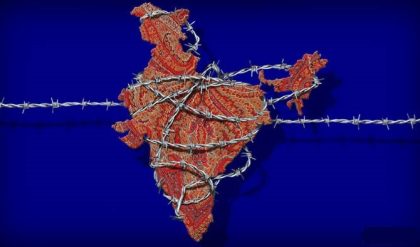
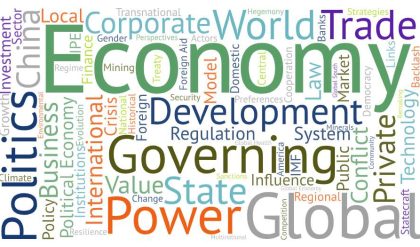
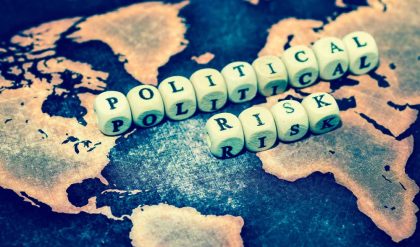
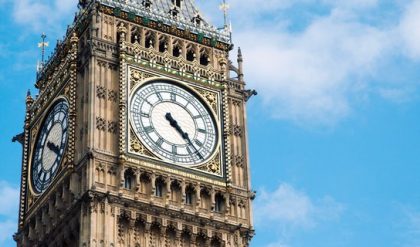
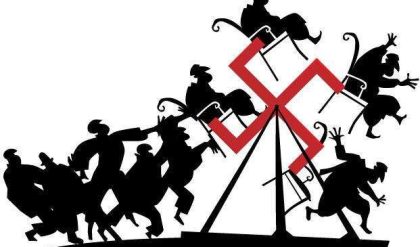
Comments are closed.